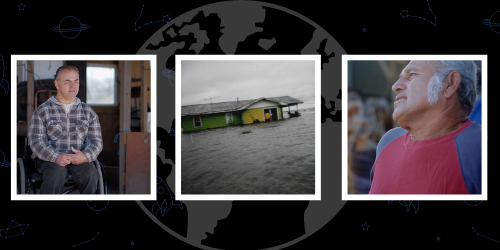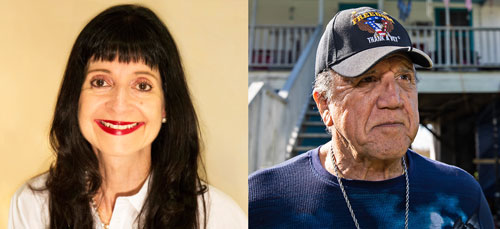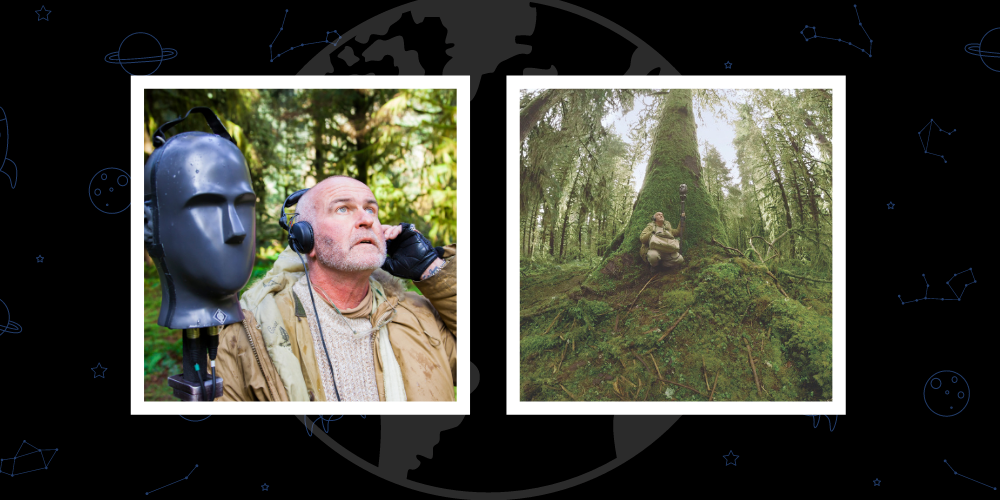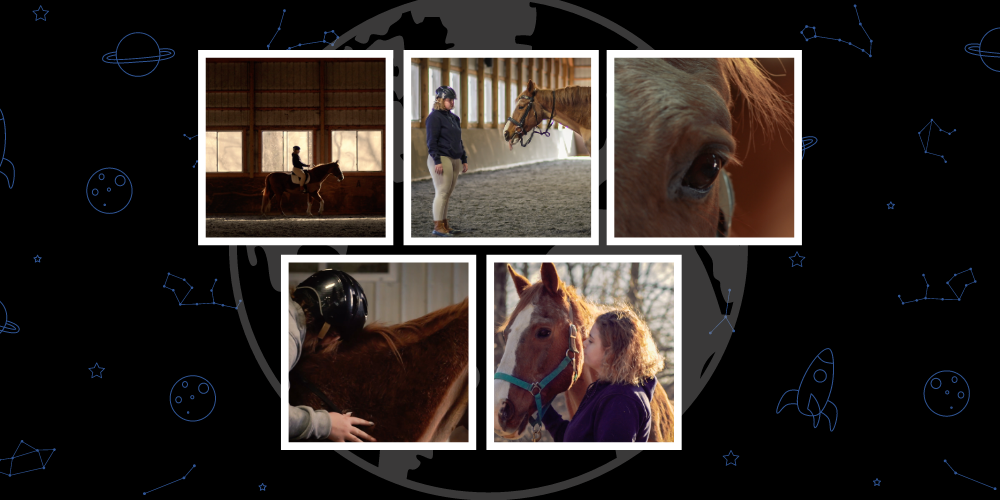Directed by Emmanuel Vaughan-Lee, Isle de Jean Charles is a 9-minute film about a tiny island community off the Louisiana coast. The film explores the devastating environmental changes resulting from rising sea levels and hurricanes faced by this coastal community. We learn about the challenges through the lives of two residents whose families are literally watching their homes being washed away. Living near coastlines in the age of widespread, rapid and intensifying climate change requires us to address cultural displacement and the impact on our environment.
What progress has been made on Isle de Jean Charles since the release of Vaughan-Lee’s film in 2017?
The Isle de Jean Charles band of Biloxi-Chitimacha-Choctaw Tribe is one of 10 state-recognized Indian tribes in Louisiana. Traditionally, the Chief of the Island has many responsibilities that include procuring resources for people of the Island, escorting visitors to the Island to protect the safety of the Tribe, and organizing Tribal events and meetings. Chief Albert Naguin is the Traditional Chief of Isle de Jean Charles Tribal Government.
The Global Search for Education is pleased to welcome Chief Albert Naguin.
Since the film Isle de Jean Charles was released, your land continues to slip into the ocean. Climate forecasts indicate that sea levels will rise between 1.41 and 2.72 inches by 2067. Hurricanes and storms are increasing. The Biden-Harris Administration has committed to help you. What progress has been made to solve your problem?
Since the film of 2017, we fought 3 hurricanes and our local government downplayed the damages that Isle de Jean Charles and all the bayou communities had to endure. As for help, we get the bare minimum of support. The help we receive comes from personal donations, not the government. As for the commitment from the Biden Administration to strengthen the tribe’s climate resilience, that will not happen. The local, state and federal politicians are just looking out for themselves to get re-elected.
Islanders are fighting to save their land all over the United States and in other countries too. If this was your problem to solve, what would you do?
I would reach out to all communities and see what their first choice is on saving their communities and their land. I would have at least two meetings with the people of each community. The first as an ice breaker to get them talking about how I can best help them. The second would be to take a vote in order to get a majority decision of how they would want my help.
Young climate activists have captured the world’s attention about the climate crisis – what is your message to them about fighting to save their planet?
If we want to save the planet, we all have to share in giving up our lifestyle. I have sixty solar panels on my house. We need to build back better to save our planet. If everyone would give up a few miles a week, skip a few meals a week, turn lights out that you don’t need – in other words, give up of yourself for your planet.
What else can educators and young people do to raise awareness for preserving places and communities like Isle de Jean Charles?
Keep on spreading the word on how our planet is dying and talk about what we should do to preserve our planet. The more people hear about what has to be done, the more it will catch on. Hopefully, it will be soon enough.
C.M. Rubin and Chief Albert Naguin
Don’t Miss Isle de Jean Charles, directed by Emmanuel Vaughan-Lee, now screening on the Planet Classroom Network. This film is curated for the Planet Classroom Network by Global Oneness Project.







Recent Comments